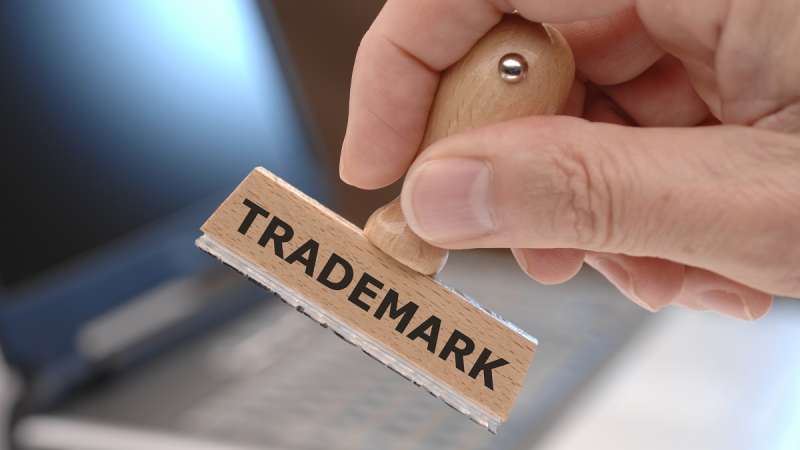Our Dispute Resolution Expertise
Our Dispute Resolution Service
Our highly renowned and approachable dispute resolution solicitors will be your trusted advisors and provide clear and transparent legal advice through any business dispute. We operate throughout England and Wales and are recognised in Legal 500 for our expertise.
At Myerson, we understand the importance of quickly resolving disputes for a business to maintain its success and move forward. We are experienced in dealing with business disputes head-on. Our approach dispute resolution law will always be based around you, following the Myerson Promise.
We recognise that avoiding court is a priority for everyone. In the first instance, we will always try negotiating, mediating, and arbitrating with the opposite party to resolve disputes and view court as a last resort.
As a full-service law firm, we can call upon the support of nationally recognised corporate, commercial, and commercial property departments. When needed, we can provide clients with a comprehensive service when dealing with highly complex issues.
Why Work With Our Dispute Resolution Team
- For the past seven years, the Legal 500 has rated us as a Top Tier legal firm.
- You will get access to more than 9 dispute resolution professionals from the Myerson Dispute Resolution Group, who will assist you with , shareholder, and partnership disputes, professional negligence, commercial agency and more.
- You will obtain city-quality dispute resolution legal help at regional pricing.
- We offer a partner-led service to make sure you get the greatest legal counsel and support with a focus on business.
- Our large and experienced team can work quickly to fulfil your deadlines.
- We recognise that each transaction is unique to your specific circumstances and that you require the assistance of a dispute resolution solicitor who has dealt with a wide range of clients and types of work.
- We are a full-service law company with a single location, which ensures our employees interact effectively and efficiently.
- We employ the most recent technology to make sure that we are operating as effectively as possible and that a client's location is not a barrier to us providing outstanding customer service.
- All of our clients receive free newsletters and webinars that keep them informed about dispute resolution legal developments. View our most recent webinar on dispute resolution updates here.
- Check out the Myerson Promise for more information on the benefits of working with us.
Funding
Our Dispute Resolution Solicitors are happy to discuss your situation in a no-obligation and free consultation by telephone.
We also offer different funding arrangements to suit your individual needs. Conditional fee agreements or “No win, no fee” arrangements may be available, as may insurance policies or third-party funding.
At Myerson, our litigation funding team will provide guidance in handling the financial risk that comes with litigation and directing any of those costs off your credit sheet.
We understand the costs that come with litigation, which is why we act with integrity. We will only provide funding as an option if it is in your best interests. We can advise you on whether your claim is suitable for litigation funding.
Find out more about the different litigation funding options that may be available to you.
Testimonials
Meet The Specialists
Contact Our Experts
You can contact our lawyers below if you have any more questions or want more information:







